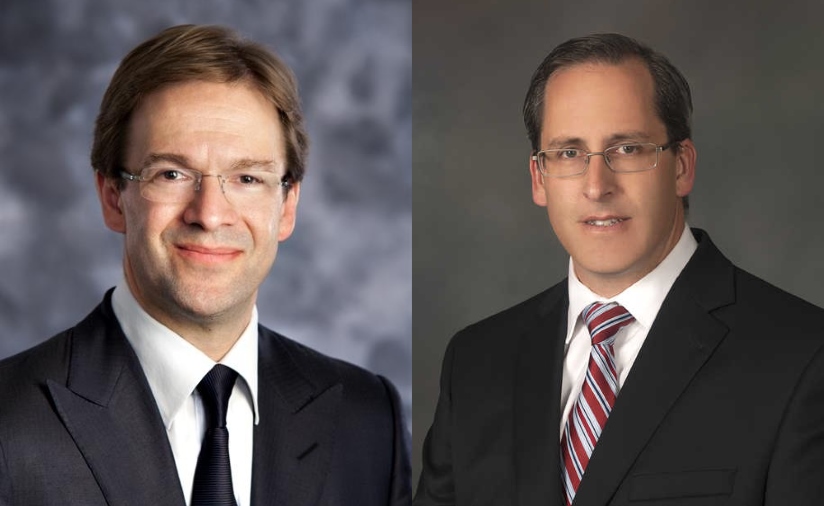Don’t Cut State Dementia Care
County execs say growing problem needs continued state funding.
About 115,000 individuals in Wisconsin age 65 and older are living with some form of clinically diagnosable dementia, and by 2040 that population is expected to grow to 240,000. The care and treatment of this vulnerable — and growing — population is now being described as a public health emergency.
And for good reason. These are significant numbers on their own, but they don’t entirely illustrate the wide-reaching impacts of dementia in our communities; nearly everyone has witnessed a loved one living with dementia, supported a friend or family member who is providing care for someone living with dementia, or been a caregiver themselves. In addition to caring for people who have been diagnosed with dementia, it is important that we provide support for caregivers as well, as this can be emotionally and physically draining.
As county executives of Milwaukee and Brown counties, we have worked with advocates to make sure our counties can be dementia-friendly and dementia-capable communities. A big part of how we’ve made progress is through the work of local dementia care specialists.
In Milwaukee County, dementia care specialists have worked with the Alzheimer’s Action Network, which includes members such as the Wisconsin Alzheimer’s Institute, Alzheimer’s Association and Interfaith Older Adult Programs to establish six Memory Cafes and to secure a commitment from city of Milwaukee public libraries to establish 15 Memory Connection Centers as an additional resource for local individuals and families.
Memory Cafes address one of the most daunting challenges that comes with dementia — the loss of social connections at a time when that connection is needed most. These cafes may be held in restaurants/cafes, community centers, churches, libraries or museums, anywhere people with memory loss can share fun and laughter with their care partners and friends in a safe place free from awkwardness and stigma.
In Brown County, dementia care specialists have made a significant commitment to people with dementia by working with the Dementia Friendly Coalition, which includes the Purple Angel Program, a program that trains businesses on dementia understanding and compassion, and launching Memory Cafes around the county.
All of these efforts are designed to make quality of life better for those with dementia and their caregivers by easing the fear and isolation associated with impairment. Unfortunately, all of the progress we’ve seen as a result of these efforts is at risk, as the 2017-’19 state budget removes funding for dementia care specialists throughout Wisconsin.
As county executives, we understand competing budget priorities and the difficulties sustaining efforts like this, but eliminating this funding entirely is a huge step backward that will remove valuable expertise and coalition support from the community.
There’s also a fiscally sound argument for funding dementia care specialists around the state: in addition to improving quality of life, these efforts save money. Every day that an individual remains in the community, and outside of expensive publicly funded institutional care facilities, saves the taxpayers an estimated $161, or $58,925 annually, making the dementia care specialist program a wise and sound investment of public dollars.
We hope Gov. Scott Walker and the Legislature will reconsider this funding and the important role it plays in helping people with dementia live with dignity in their community. Please contact your representatives in the Capitol at 800-362-9472 and ask that they restore funding for dementia care specialist positions around the state.
Chris Abele is Milwaukee County executive; Troy Streckenbach is Brown County executive.
This Op Ed was originally published by the Milwaukee Journal Sentinel and Green Bay Press Gazette.
















